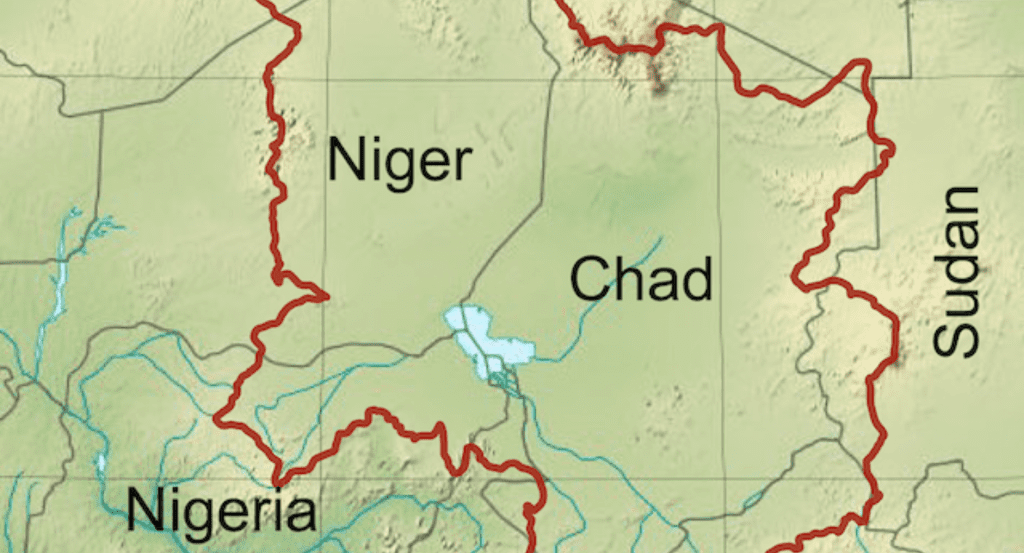President Bola Ahmed Tinubu has called for a comprehensive approach to tackling security threats in the Lake Chad region, emphasizing the need for coordinated efforts among regional and international stakeholders. Speaking at the Lake Chad Governors’ Forum in Borno State, Tinubu stressed the importance of addressing the root causes of instability, including terrorism, economic hardship, and climate change.
The forum, which brought together governors from countries bordering Lake Chad, focused on strengthening counterterrorism efforts and enhancing regional cooperation. In response to the ongoing security crisis, the African Union (AU) pledged $800,000 to support counterterrorism initiatives in the region. The funds are expected to bolster efforts in intelligence sharing, border security, and rehabilitation programs for communities affected by insurgency.
In addition to the AU’s commitment, the African Development Bank (AfDB) reaffirmed its dedication to financing stabilization efforts in the Lake Chad Basin. AfDB President Akinwumi Adesina highlighted the bank’s role in funding projects aimed at rebuilding infrastructure, improving access to clean water, and supporting economic recovery in conflict-affected areas. He noted that sustained financial investment is critical for ensuring long-term peace and stability.
The Lake Chad region, which spans Nigeria, Chad, Cameroon, and Niger, has been plagued by terrorism, particularly from Boko Haram and its splinter factions. Decades of violence have led to widespread displacement, economic disruption, and environmental degradation. The forum underscored the urgency of implementing policies that go beyond military action, advocating for investments in education, job creation, and community-led peacebuilding initiatives.
As part of the discussions, youth representatives from the region shared their perspectives on conflict prevention and peacebuilding. Many emphasized the need for governments to prioritize economic opportunities and education, arguing that poverty and unemployment remain key drivers of radicalization. They called for increased youth involvement in decision-making processes to foster inclusive governance and sustainable development.
The Nigerian government, alongside regional and international partners, has been working to combat the security crisis through a mix of military operations and humanitarian interventions. However, challenges persist, with insurgent groups adapting their tactics and exploiting gaps in governance and social welfare.
Tinubu reiterated his administration’s commitment to supporting Lake Chad Basin countries in their fight against terrorism. He urged global partners to enhance their contributions, stressing that peace in the region is crucial for economic growth and stability across West and Central Africa.
With renewed financial and strategic commitments from key stakeholders, the Lake Chad region remains at a pivotal moment. The success of these initiatives will depend on sustained collaboration, efficient resource allocation, and a commitment to addressing the underlying causes of insecurity.




















